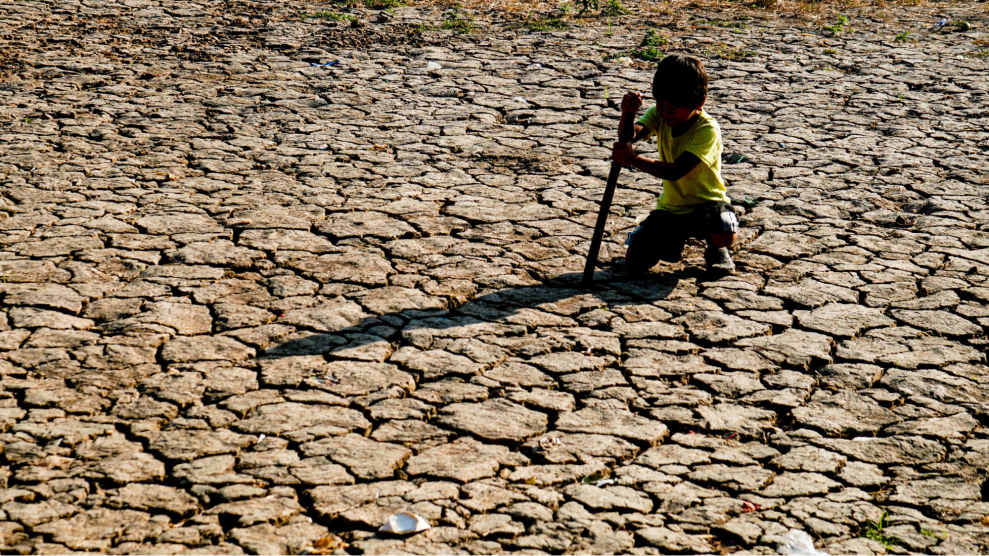
130 million Americans were under heat advisory warnings this July.David Santiago/Miami Herald/ZUMA
This story was originally published by the Guardian and is reproduced here as part of the Climate Desk collaboration.
As record-breaking heatwaves continue across parts of the United States, a new report shows that heat-related deaths in the country rose by 117 percent between 1999 and 2023.
The report, released on Monday by the Journal of the American Medical Association (JAMA), found that from 1999 to 2023, there have been more than 21,500 heat-related deaths recorded in the US.
The researchers used data from the Centers for Disease Control and Prevention, which also found that 1,069 deaths were heat-related in 1999, compared with 2,325 in 2023—representing a 117 percent increase.
“As temperatures continue to rise because of climate change, the recent increasing trend is likely to continue.”
The lowest number of heat-related deaths in the study period was 311 in 2004, the researchers said, whereas the highest was 2,325 in 2023.
Before 2016, the researchers said that the number of heat-related deaths showed “year-to-year variability,” with spikes in 2006 and 2011. But after 2016, the number of heat-related deaths steadily increased annually.
“As temperatures continue to rise because of climate change, the recent increasing trend is likely to continue,” the researchers wrote. “Local authorities in high-risk areas should consider investing in the expansion of access to hydration centers and public cooling centers or other buildings with air conditioning.”
The researchers also highlighted that their study has limitations, including the potential for “misclassification of causes of death, leading to possible underestimation of heat-related mortality rates” as well as a potential lack of data for vulnerable subgroups.
According to the World Health Organization (WHO), “heat stress is the leading cause of weather-related deaths,” and the number of people exposed to extreme heat around the world is “growing exponentially” due to climate change, resulting primarily from the burning of fossil fuels.
“Heatwaves and prolonged excess heat conditions are increasing in frequency, duration, intensity and magnitude due to climate change,” the agency added. “Even low and moderate intensity heatwaves can impact the health and wellbeing of vulnerable populations.”
Not only can extreme heat cause heatstrokes and heat exhaustion, which can lead to death, the strain put on the body as it tries to cool itself can also stress the heart and kidneys, according to the WHO.
Last year’s National Climate Assessment said the US is warming faster than the global average and that Americans are suffering “far-reaching” consequences.
On top of that, heat can also cause power outages and disrupt essential health services, the organization added. It can also affect transport.
This week in the US, the Midwest is bracing for what could be some of its hottest days this summer, with 55 million Americans under alerts due to the extreme heat.
Earlier this month, the American Red Cross announced that extreme heat caused by the climate crisis this summer was threatening the medical blood supply in the US—and contributing to an emergency blood crisis.
This comes as, in the month of July alone, more than 130 million Americans were under heat advisory warnings. And since the start of this year, 15 national heat records have been broken, experts say.
A report issued by the US government last year found that the US is warming faster than the global average and said that Americans were suffering “far-reaching and worsening” consequences from the climate crisis—and that every corner of the country is facing “increasingly harmful impacts.”
Mitigating the climate crisis by reducing greenhouse gas emissions “is imperative and urgent” when it comes to limiting “the magnitude of human costs from extreme heat,” the WHO says.













